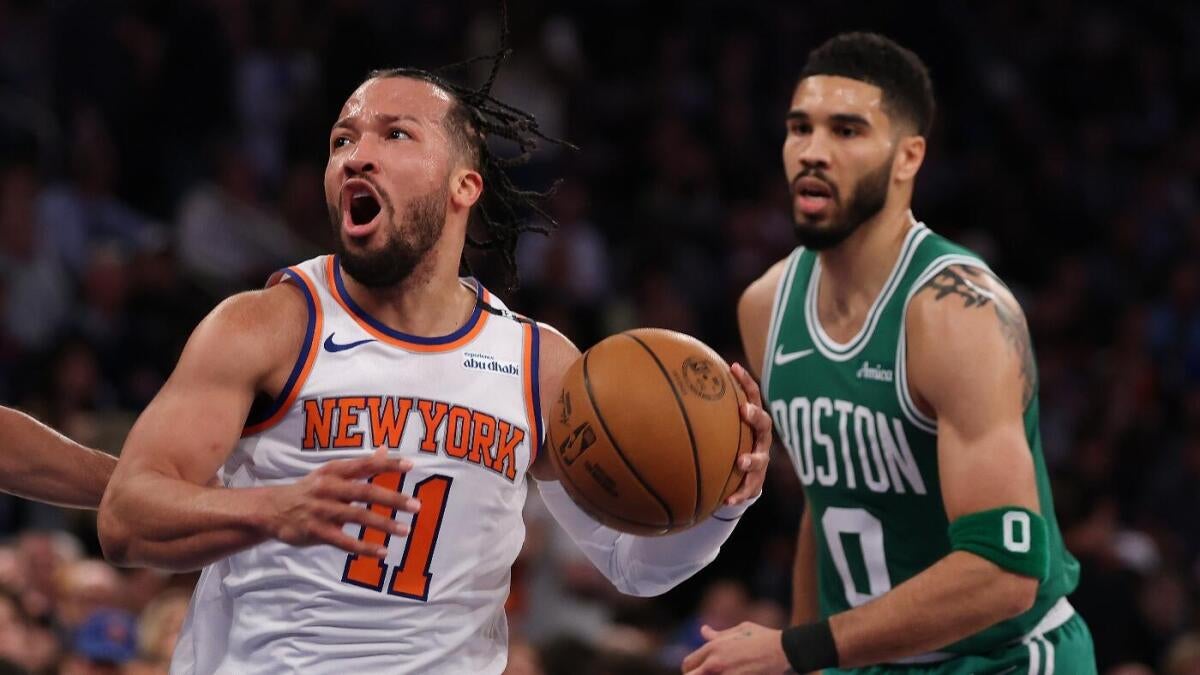
The three annual All-NBA teams have been revealed, and Memphis Grizzlies big man, Jaren Jackson Jr, was nowhere to be found.
This is both good and bad news for the Grizzlies.
Let’s get into it why that is.
The contract conundrum
Had Jackson Jr qualified for the supermax, it would have allowed the Grizzlies to exceed the 140% extension limit, which is otherwise in place. This means the Grizzlies could have signed him to a long-term deal, even if the ultimate contract number isn’t the actual supermax itself.
Needless to say, the Grizzlies would have much preferred an extension opportunity, assuming of course they didn’t have to be on the hook for the actual supermax of $345 million.
(We’ll get back to that.)
Now that Jackson Jr isn’t eligible, the 140% extension limit is in effect, and that seems like an ambitious foundation for Memphis to build an extension on, given that Jackson Jr is earning $23.4 million in his final year.
Under the extension limit, Jackson Jr would be looking at a new contract starting at – roughly – $32.7 million.
In many ways, you can argue that’d be a perfectly reasonable number for what he provides on the floor, but as we all know, it’s other teams that set the market.
Would Memphis be willing to let him walk at a higher price point? It’s difficult to envision that given how there isn’t any clear avenue of them to replace Jackson Jr.
The actual on-court value
While we just established that a player’s value is set by the interest of the market, there’s no question that an actual supermax of $345 million over five seasons would be a significant overpay for what Jackson Jr provides, and it’d hinder Memphis in making additional roster moves.
In many ways, Jackson Jr’s real value is closer to the aforementioned $32.7 million than a deal that would average $69 million per year, especially given his subpar rebounding, and history of playing below his own capabilities in the postseason.
Even if the two sides should agree to meet somewhere in the middle, and wish to lock in a deal in the high 40’s annual, the extension limit would not allow it, essentially forcing the Grizzlies to let Jackson Jr hit the open market, which is usually running a risk.
So, did the Grizzlies lose here? Did Jackson Jr?
In the end, it might not matter if the two sides are determined to extend their marriage when Jackson Jr becomes a free agent. But as of right now, not even having the flexibility to negotiate a deal both sides could be satisfied with has to be considered a loss. It’s better to have options, than not, even if the two sides don’t find common ground.
Unless noted otherwise, all stats via NBA.com, PBPStats, Cleaning the Glass or Basketball-Reference. All salary information via Spotrac. All odds courtesy of FanDuel Sportsbook.

